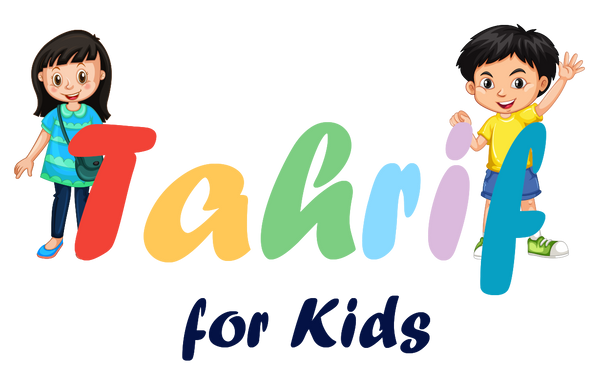In a world where technology often takes center stage, the value of hands-on, educational toys in a child's development cannot be overstated. From fostering cognitive abilities to enhancing motor skills, educational toys are pivotal in paving the path for a child's future. This blog explores the profound impact of educational toys and offers guidance on selecting the right tools to enrich your child’s playtime.
The Role of Educational Toys in Child Development
Cognitive Growth: Educational toys are not just about fun; they're a crucial part of learning. Toys such as puzzles and building blocks encourage problem-solving and critical thinking. As children attempt to fit puzzle pieces together or stack blocks without toppling them, they are sharpening their cognitive abilities, laying a foundation for future learning disciplines like math and science.
Enhancing Motor Skills: Physical toys like beads for stringing, or playdough, improve fine motor skills and hand-eye coordination. These activities are the building blocks of a child’s ability to perform more complex tasks in the future, such as writing and typing.
Language Skills: Interactive books and games that prompt children to form words and sentences can enhance vocabulary and language skills. These toys engage children in a fun, relaxed environment, making learning a natural part of play.
Emotional and Social Development: Group games and role-playing toys foster social skills such as sharing, waiting, and cooperating with others. Toys that encourage teamwork help children learn negotiation skills and empathy, vital components of social interaction.
Choosing the Right Educational Toys
Age Appropriateness: The best educational toys are those that are age-appropriate. For toddlers, opt for toys that stimulate the senses, like soft books with mirrors and textures. Preschool-aged children might enjoy more complex puzzles, early board games, and character toys that encourage role-playing and imagination.
Interests and Abilities: Select toys that align with your child’s interests but also challenge their abilities. If your child enjoys art, consider getting magnetic drawing boards or clay modeling kits. For kids fascinated by how things work, mechanical building sets could be exceptionally engaging.
Safety and Quality: Always choose toys that are safe and durable. Check for non-toxic materials and ensure there are no small parts for younger children. Quality toys not only provide a safer play environment but are also more likely to withstand the test of time and provide enduring educational benefits.
Enhancing Learning Through Play
Integrate educational toys into daily playtime by setting specific learning goals. For instance, if the focus is on math skills, incorporate counting games. For reading skills, invest in interactive books that narrate stories and ask questions related to the plot to enhance comprehension.
Educational toys are more than just playthings; they are essential tools that help children learn, explore, and understand the world around them. By carefully selecting toys that foster development across various domains, parents and educators can significantly influence a child’s growth and lifelong love of learning. Encourage the children in your life to play, explore, and learn with the right educational toys—because when it comes to development, every moment of play counts.

